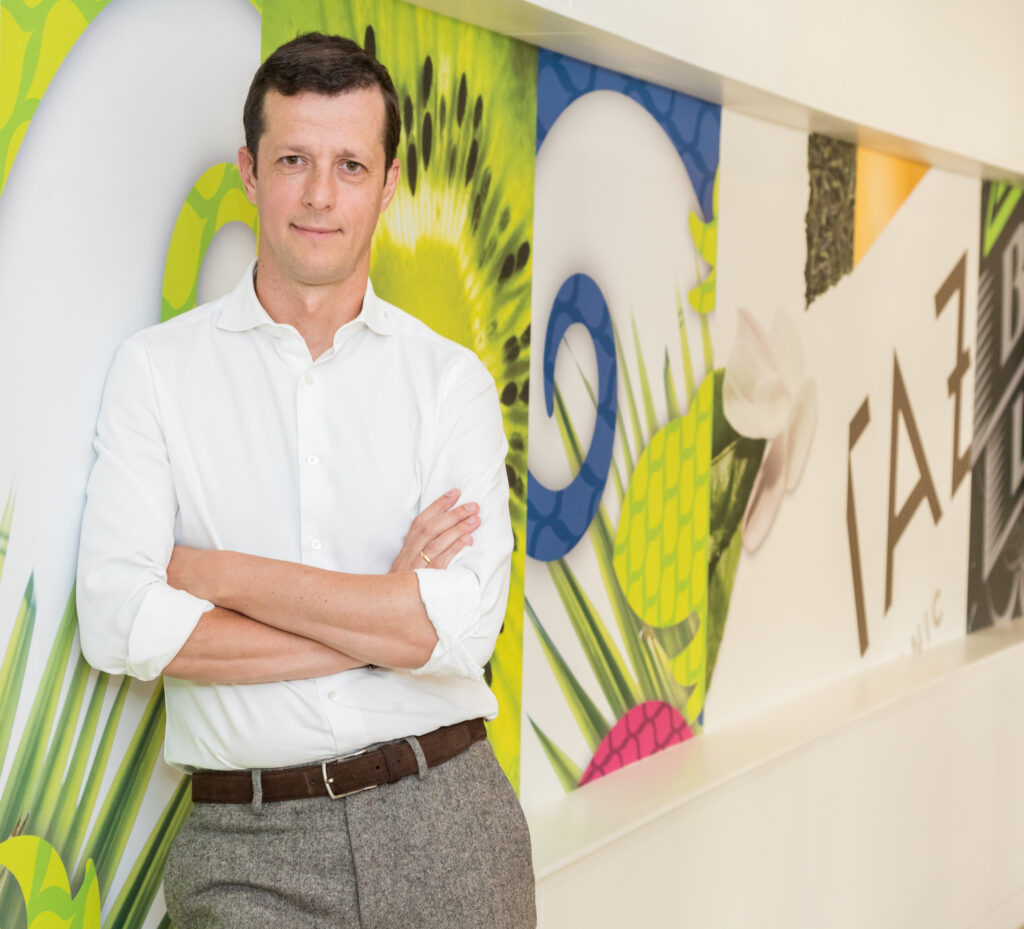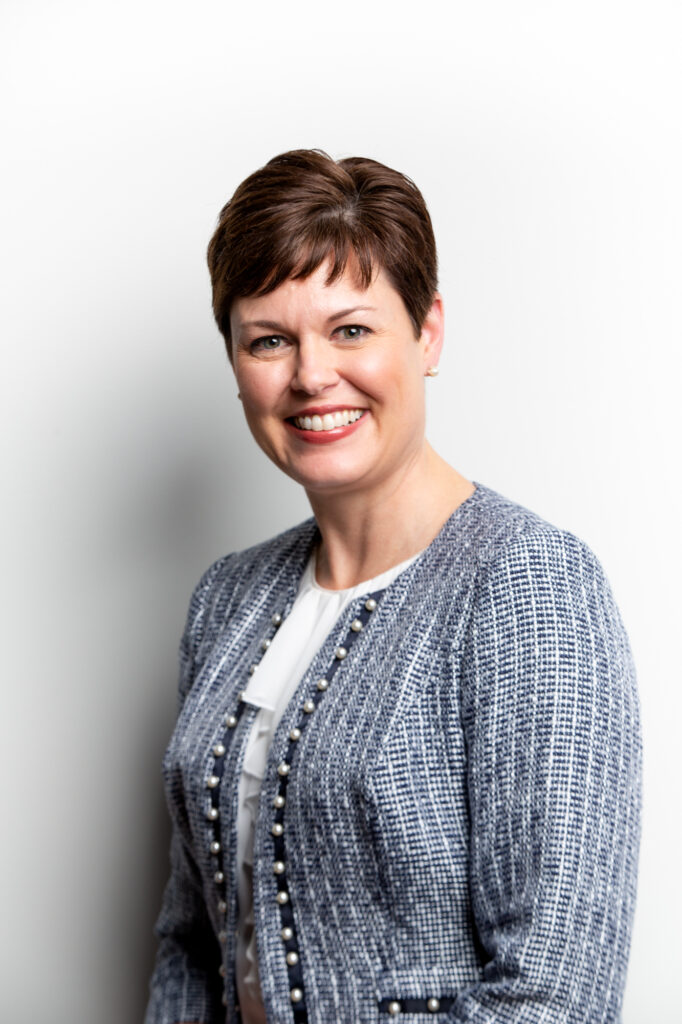Benefits 2021: Mental health and financial health are top of mind for PepsiCo, Nvidia, and other major companies
Virtual access to benefits is also a priority, as is virtual engagement across the board.

If companies like PepsiCo, Principal and Nvidia serve as an example, then across the economy organizations are expanding and recalibrating benefits packages and policies for 2021, responding to the new remote nature of work and the global COVID-19 pandemic.
For these three companies, the focus was on mental health and financial health moving into 2021, as well as more virtual services, executives at each of them said. “We plan to expand and enhance our mental health support and financial well-being programs,” says Sergio Ezama, SVP and chief talent officer for PepsiCo and chief human resources officer for PepsiCo’s Global Functions & Groups. “Mental and financial wellness have been two areas where we see the most need due to the continued economic uncertainty surrounding the pandemic.”

PepsiCo’s priority was echoed by Deepa MacPherson, wellbeing manager at Nvidia, the Santa Clara, California-based tech company that specializes in graphics processing for the gaming and professional markets. “We’ve focused more closely over the past year on overall well-being and mental health,” she says. “Our plan is to bring in more mental health resources for specific groups that may have individualized needs, including employees with disabilities, the LGBTQ community, Black employees, and working mothers.”

At Principal, the Des Moines, Iowa-based insurance company, Kara Hoogensen, a senior vice president responsible for group benefits sales, says PepsiCo and Nvidia are typical. “Workloads are changing, work environments are changing. It’s the backdrop for where companies are going to increase benefits—and that’s around mental health and mental well-being programs,” she says.
Hoogensen says Principal is encouraging its field force of brokers to look for themes that are emerging across the economy, in order to get a better understanding of employees and their needs. It could be an enhanced EAP, exercise, better nutrition, mental health, remote-office ergonomics, or overall well-being. Childcare and remote education is already a major stressor. Principal’s customers are looking at all of these things and more as either new or enhanced benefits. It can help us grow our base because we are adding coverages that weren’t previously offered to employees,” she says.

Interestingly, Hoogensen says that student-loan support benefits are not necessarily at the top of the list, but income protection—commonly known as disability insurance—is top of mind during COVID. Other front-burner benefits are added personal time off—but only if it’s part of an official package and not a random act by a manager.
Beyond PepsiCo’s expansions of mental health and financial wellness programming, the beverage and snack giant, which is based in Harrison, New York, and has nearly 270,000 employees worldwide, has been focused on adding resources and flexibility for its people as they handle the additional burdens of the pandemic.
These resources included work-schedule flexibility, childcare support, educational support with tutoring and test prep, and dependent care reimbursement. The company also provides COVID testing treatment and telemedicine visits to its people at no charge.
Its work-from-home support includes new digital tools to enable seamless team collaboration and provide a sense of connection in a virtual environment.
To enhance the virtual corporate culture, PepsiCo launched a new digital, mobile-friendly global recognition platform, “Smiles,” intended to celebrate success while apart. The company also quickly pivoted to virtually engage employees through Global Town Halls, virtual innovation contests, regular leadership communications, and casual team meet-ups via Zoom.
For its part, Nvidia has also focused on the virtual workforce. It has a virtual well-being roadshow, with customized overviews of resources presented to teams at their convenience. MacPherson says 45 presentations have been held so far, resulting in increased use of the company’s services. “This is especially true around employee assistance and our dedicated, licensed counselor onsite,” she says. “We’ve offered this service for several years, and noticed an increased demand during COVID.”
In terms of totally new benefits for 2021, PepsiCo is focused on virtual employee support here as well, Ezama says. Specifically, the company will offer virtual physical therapy for both prevention and recovery for hip, knee and back ailments. It will also provide enhanced access to virtual physical fitness programs, including yoga and weightlifting, via an app, which he did not name. “Employees will have a variety of workout options at their fingertips from their home,” Ezama says.
Ezama says PepsiCo’s measurement of its array of well-being initiatives is essential. The company uses a variety of surveys included in its annual benefits enrollment as feedback, plus organizational health surveys and some conjoint studies in select countries to guide development of benefits. “We also leverage trends and employee-preferences surveys from the National Business Group on Health, Mercer, Willis Towers Watson, The Conference Board and network through various industry groups,” he says.
None of the three companies interviewed would state their budgets, the costs of well-being programs, or the ROI.
Going forward into next year, says Principal’s Hoogensen, it’s likely that benefits that had been seen as pandemic-related, one-time offerings, will become permanent parts of benefits packages. “We are all that much more aware how fragile life is,” she says. “We’re seeing that already and anticipate it will be one of the long-term implications of the pandemic.”






